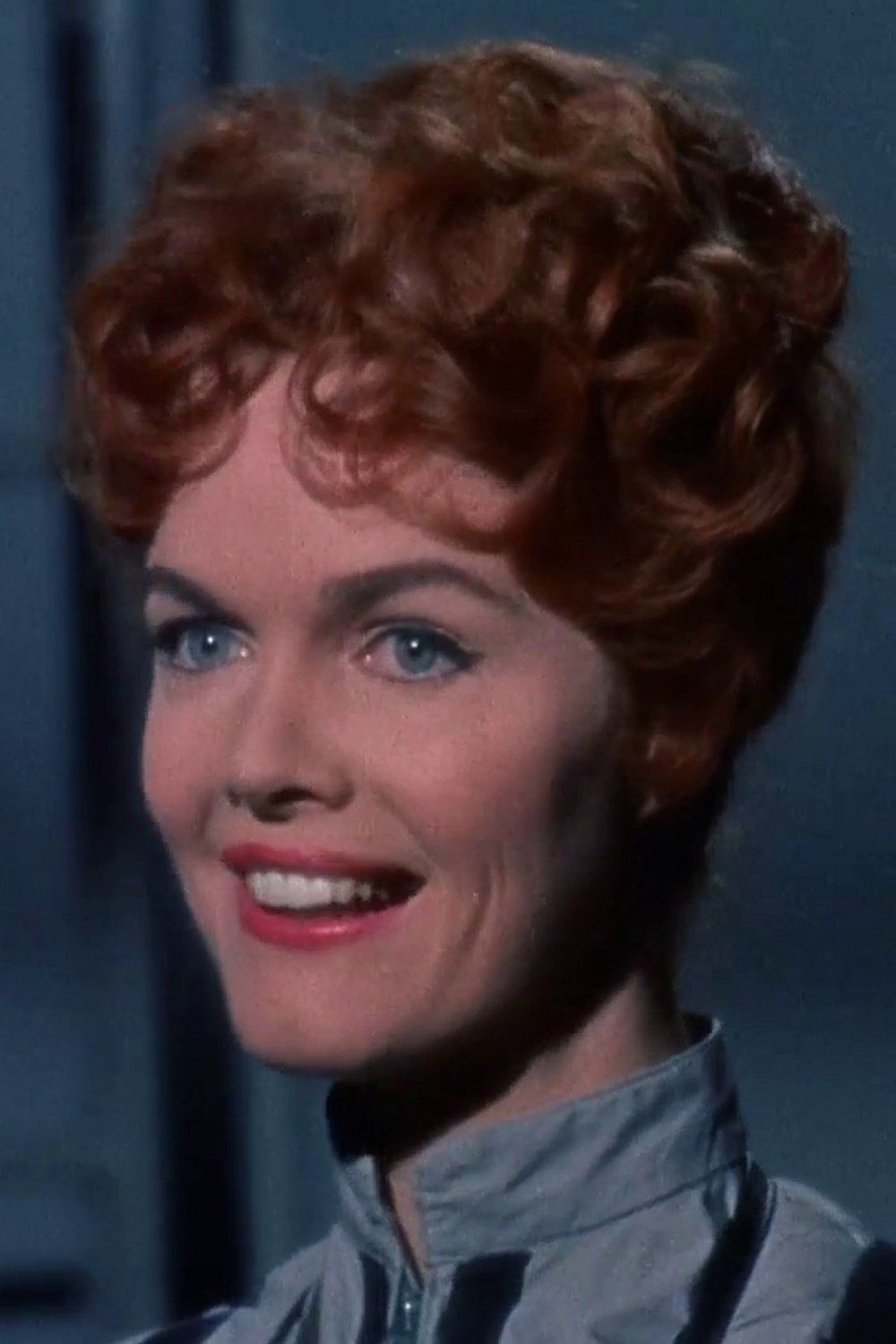
Naura Hayden, originally Norah Helene Hayden (born September 29, 1930 in Los Angeles) is an author (under that name), who has worked in entertainment also as Nora Hayden and in modeling as Helene Hayden and is the daughter of Los Angeles Times reporter John Hayden and his wife (née Bussens). An aunt was Phyllis McGinley Hayden. She is a long-time resident of New York City. She was noticed as a photo model at age 19 when featured in the December 1949 issue of Glamorous Models magazine. In 1955 she toured 68 cities to promote Mercury automobiles and attract tourists to the southeastern United States, and in 1958 columnist Earl Wilson dubbed her his "perfect Wilson girl". That year, under contract to Sid Pink, she joined a Canadian musical cast of Li'l Abner and began appearing on television. Her best known TV commercial was an early color one for RCA in the early 1960s. Hayden has appeared in television shows such as 77 Sunset Strip (1958), Bonanza (1961) and the presentation of the Emmy Awards (1962) where she carried the "Miss Emmy" torch for host Johnny Carson. She has had substantial parts in several motion pictures and authored a number of books, of which her best-seller How to Satisfy a Woman Every Time had sold over a half a million copies by 1992. Her career also includes the radio show Naura's Good News on WMCA (1982), record albums And then She Wrote (1976) and Equal Time (1979), appearances as a singer at the Round Table and managing Manhattan restaurants Opera Espresso at the Empire Hotel and Our Place. She starred in the Off Broadway musical Be Kind to People Week in 1975. Her best known film appearance is a starring role in the 1959 science fiction film The Angry Red Planet, written by Sidney W. Pink and directed by Ib Melchior. Hayden has been married (1964) to restaurateur John Harrison and (1969–1973) to television executive Gary Stevens. Description above from the Wikipedia article Naura Hayden, licensed under CC-BY-SA, full list of contributors on Wikipedia.